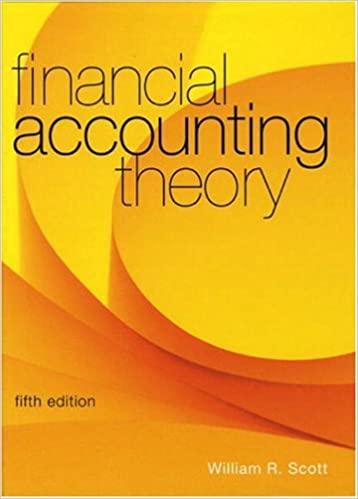In January 2007, Zions Bancorporation announced that it had received SEC permission to use a market-based approach
Question:
In January 2007, Zions Bancorporation announced that it had received SEC permission to use a market-based approach to valuation of its ESOs. Zions is a large U.S. financial services company that operates numerous banks in several states.
Zions’ approach is to create special securities, called “Employee Stock Option Appreciation Rights Securities” (ESOARS), to be sold to outside investors. These give the holder the right to receive a portion of the gain realized by Zions’ employees when they exercise their ESOs. Thus, the ESOARS are subject to all of the conditions attached to the ESOs. The fair value of the ESOs, Zions argued, can then be inferred from the market value of the ESOARS. For example, if ESOARS give the holder 25% of the employees’ ESO gains, the ESO fair value is four times the ESOARS’ market value. : :
in May 2007, Zions announced a successful auction of ESOARS. There were 43 bidders, with an average price paid of $12.06. Thus, if the ESOARS entitle the holder to 25% of ESO gains, ESOs would be worth about $48.24. This implied ESO fair value was about one half of the value estimated from an ESO valuation model, such as Black/Scholes. Zions indicated that it would use this implied fair value to measure its stock option expense under SFAS 123R.
Required
a. Why would Zions Bancorporation use a market-based approach to estimating Its stock option expense, instead of a model-based approach?
b. Why is the ESOARS-based ESO value so much lower than the model-based value?
Assume that ESOARS purchasers are risk-averse.
c. Do you agree with Zions’ approach? Explain why or why not.
Step by Step Answer:






